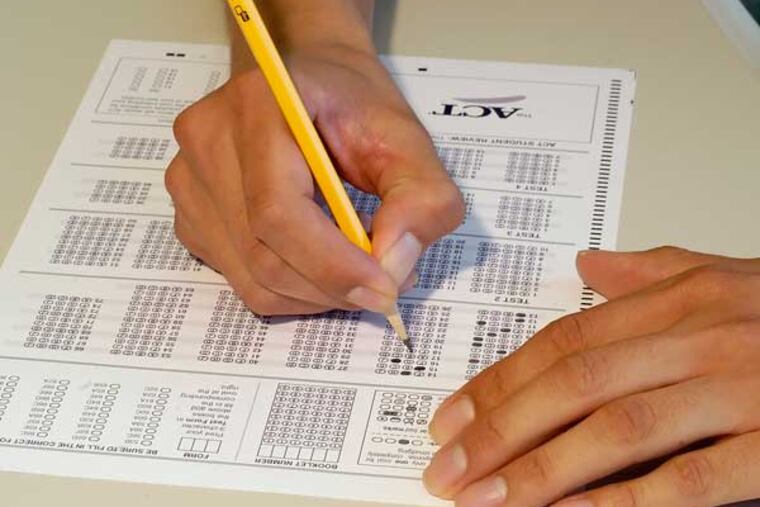Science and social studies shouldn’t take a backseat in elementary schools | Opinion
Skipping these subjects to focus on reading is unacceptable.

A teacher friend of mine was recently complaining to me that school administrators in a Germantown public elementary school ordered some teachers to cease teaching science and social studies so they could focus on reading instruction. I was unable to verify this, but it didn’t surprise me, since too often, science and social studies take a backseat to reading and math instruction.
As an educator, passionate about teaching and learning, I have several problems with such an approach.
First, science and social studies experiences should always be included in the daily educational experiences of elementary-age students. In a world where STEM and STEAM are all the rage, it is unconscionable to think that these experiences take a backseat to a strict diet of what has become provincial and rote literacy instruction. Science, technology, engineering, and math, along with the arts, are all around us. Imagine a world without our phones, or social media, or modern medicine. Imagine not being able to order a car, or have a car bring food to you, or not being able to use your phone to send someone money. Yes, we need STEM.
The case for teaching social studies is not a hard one to make. One only needs to read the Twitter feed of the 45th president of the United States or perhaps tune into one of his spontaneous news conferences or rambling speeches at his rallies. There appears to be ignorance or indifference to civics, history, law and government, and geography. You may recall the invention of a new African nation, “Nambia” or that there is a separate president of the U.S. Virgin Islands. It’s Namibia, by the way and he is the president of the U.S. Virgin Islands. We are also living in a time when history is repeating itself with ostensible voter suppression in the South; misunderstandings about the separateness and coequality of the three branches of government; subversion of the law; and the list goes on.
For these very reasons alone, science and social studies should be a part of the daily learning experiences of our elementary-school-aged children. It should be our goal as educators to have well-rounded, literate, and numerate students. Our schools should be centers where children can experiment, make mistakes, and try again; where children enjoy reading and writing for real purposes and audiences; where the arts and the world’s myriad cultures are appreciated; where accurate history is taught and where they can learn and advocate for equal protection of the law. A narrow focus on literacy instruction that has become singularly focused on test scores and the mutability of some arbitrary standard of proficiency is unfair and ultimately ineffective in preparing our future leaders and president.
Stephen R. Flemming, Ed.D., is an English teacher and certified reading specialist at Martin Luther King High School and an adjunct professor at Delaware County Community College. @kellygrade6